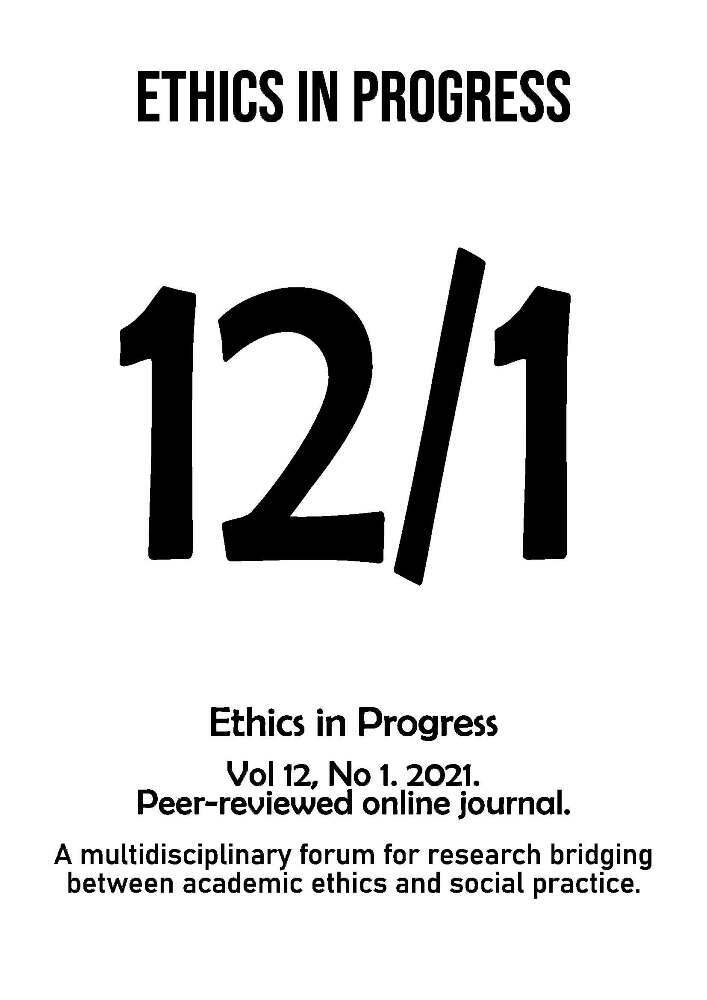Abstract
It is a pleasure for me to introduce papers presented at the 14th International Symposium „Moral Competence: Its Nature, Relevance, and Education” hosted by the Institute of Foreign Languages of the Faculty of Philology at Vilnius University, Lithuania, on 23-24 July 2020, in collaboration with several academic institutions from abroad, such as Adam Mickiewicz University in Poznań, Poland. Due to the pandemic restrictions, a symposium was organized in an online mode. Six papers were revised and submitted to this special issue as symposium proceedings, completed by two additional and related papers. The contents offer a thorough insight into the concept of – and reasearch into – the moral competence defined by Georg Lind (Institute for Moral-Democratic Competence; formerly: University of Konstanz) and visualized by his Moral Competence Test (formerly: Moral Judgment Test) certified in 41 languages. In certain papers research findings and methods based on further measuring instruments, as well as the alternative approaches to moral judgment and decision making were applied and discussed (e.g., moral foundations approach).
License
Copyright (c) 2021 Roma Kriaučiūnienė

This work is licensed under a Creative Commons Attribution-ShareAlike 4.0 International License.





